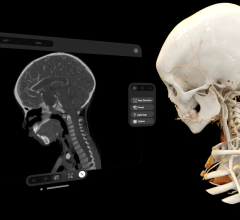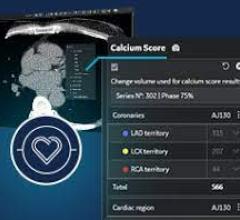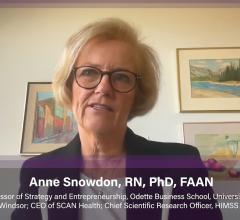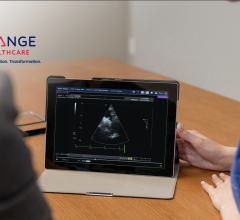
June 10, 2015 - The nation's top consumer, patient and labor advocates recently praised the proposed Stage 3 Meaningful Use rules, describing how they would help ensure health information technology (IT) meets the needs of patients and families.
In the comment letters, the Consumer Partnership for eHealth (CPeH) stressed the role that Meaningful Use plays in ensuring patients are not just offered access to their health information, but actually use it. CPeH commends the Centers for Medicare and Medicaid Services (CMS) and the Office of the National Coordinator for Health Information Technology (ONC) for proposing Stage 3 requirements that enhance individuals' access to health information and facilitate communication and information sharing with providers. CPeH, which includes more than 50 organizations with a combined membership of more than 127 million people, filed comments with both groups.
In the comment letters, CPeH also urges CMS to restructure some of the measures to ensure that they assess, and encourage providers to promote, true patient engagement, distinct from communication and coordination of care with other providers. Additionally, CPeH recommends the administration enhance critical efforts to identify and reduce health disparities, such as through the capture of data on disability status and sexual orientation/gender identity, to support better care across settings for millions of individuals.
"The ability of patients, families and caregivers to access, understand, use and share health information is fundamental to achieving a healthcare system that delivers better care, better health and better value. Like physicians, patients and family caregivers need health IT infrastructure and tools that support the partnerships and shared decision-making necessary to achieve those goals. Much remains to be done, and the proposed rules from ONC and CMS, with CPeH's recommendations incorporated, are important next steps," said Debra L. Ness, president of the National Partnership for Women & Families, which leads CPeH.
In the comments, CPeH also:
- Urges CMS to maintain the commitment to strong online access requirements - for example by ensuring that patients can view, download and transmit their health information. This is particularly important as a 2014 survey conducted by the National Partnership found that the more frequently individuals access their health information online, the more they report it motivates them to do something to improve their health (71 percent for frequent users, compared with 39 percent for infrequent users);
- Applauds ONC's requirement to include race and ethnicity at the Institute of Medicine's recommended level of granularity as a way to help the entire learning health system to identify, understand and reduce health disparities;
- Supports CMS' addition of a new requirement to offer patients and caregivers the ability to contribute information to their medical records, sometimes called "patient-generated health data";
- Recommends strongly that both CMS and ONC require access to health information and education materials in languages other than English;
- Supports ONC's addition of tools and data fields that capture patient goals, patient concerns and family care team members for care plans and transitions of care, thus creating the potential for shared-decision making;
- Applauds ONC for enabling the collection of data on social determinants of patients' health, such as socioeconomic status, education level, mental health and more; and
- Supports CMS' move to include application programming interfaces (APIs) and applications to improve access to and use of health information, while encouraging CMS to publish guidance on privacy, security and transparency.
"Consumers value and use health IT, which provides critical tools for increasing patient and family engagement. The proposed criteria in ONC's 2015 Edition rule and the proposed uses in CMS' Stage 3 rule advance patient engagement and partnership as an essential next step in comprehensive delivery system reform," said Mark Savage, the National Partnership's director of health information technology policy and programs.
For more information: www.nationalpartnership.org

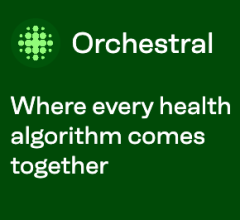
 December 23, 2025
December 23, 2025 


